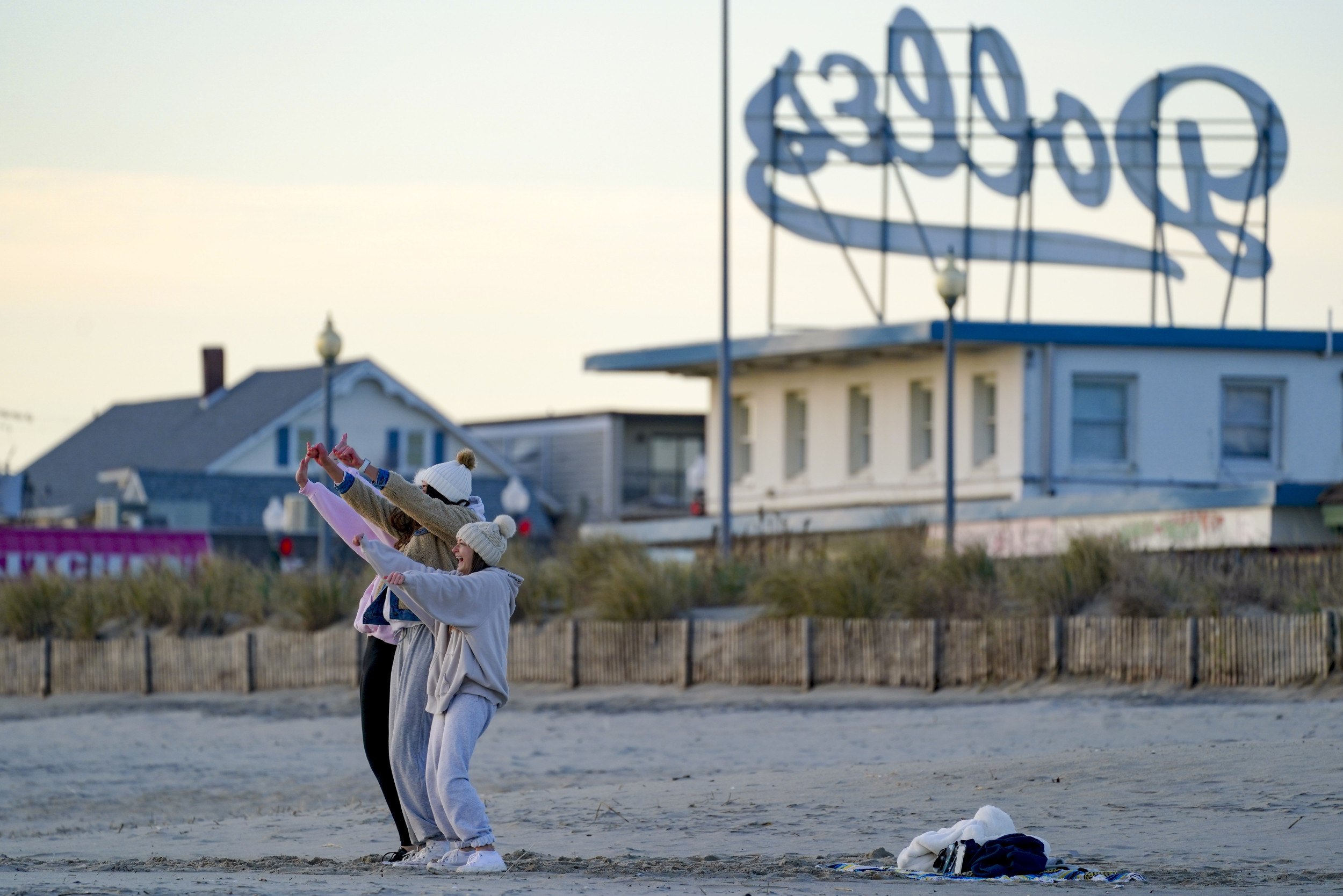
"This is a woman," a Spanish writer once observed, "who is capable of beheading an opponent without batting an eyelid, yet weeps when she sees a dead sparrow in the gutter."
"Beheading an enemy," Esperanza Aguirre remarks, when I remind her of this description of herself, which somehow appears to have slipped her mind. "I'm assuming that's meant in a figurative sense."
"You'd hope so."
"But weeping over a dead bird," she says, "Yes. That's me. That's literally true."
Aguirre has been described as Spain's Margaret Thatcher: a woman so fiercely bonded to conservative values that she has occasionally alarmed fellow-members of the Right-wing Partido Popular.
For many years the regional president of Madrid, she is running for the office of mayor of the capital itself, in elections held on 24 May. Should she win, and should her party leader, prime minister Mariano Rajoy, fare badly in the national elections at the end of this year, as now seems likely, there is a real possibility that Aguirre could become Spain's first woman prime minister.
"It's not probable," she says, "but it isn't impossible."
"These comparisons with Margaret Thatcher," I ask, "do they trouble you?"
"They make me extremely proud. I'm a huge admirer of Mrs Thatcher," she replies.
One biography of Aguirre describes her grandfather as having remarked: "Such an intelligent child. Shame she's a girl. If she'd been a boy, she might have become a government minister."
"Spain has changed," she says. "It was inconceivable back then that a woman could hold senior office."
Aguirre, 63, is so ardent an anglophile that she was made a Dame in 2004. Her husband, a keen golfer like herself, is a member at St Andrews golf club in Scotland. She speaks in a mixture of excellent English and carefully articulated Spanish.
Though a countess by marriage, she is perceived to have the common touch, and is regularly filmed conversing with citizens who join her on a cheap sofa, which is deposited on street corners.
As mayor, her priority would be to "serve the people; especially small businessmen". A few days after we met, in slightly less consensual mood, she announced she would strive to prevent homeless people, "most of whom are foreigners" from sleeping in the streets, "because they scare the tourists".
Very soon, I suggest, she could be dealing with a United Kingdom that is outside the EU.
"That would be a tragedy," she says. "If Britain leaves, we should reconsider our own role in the organisation."
"And now Greece is on its way out... "
"They won't let Greece go. Unfortunately."
"Every week we are seeing hundreds of people drowning off the coast of Europe. How should Spain, so close to North Africa, be responding?"
Not, she insists, with charitable efforts to resettle migrants on EU territory: "All we can do is to give support to regimes that will enforce the rule of law."
Her solution appears to be to transport refugees towards sub-Saharan Africa but, she admits, "I don't know anything about geo-politics. I find [this situation] heartbreaking. I think I have humanity and compassion. I think so."
Aguirre, who shows few signs of mellowing with age, laments the passing of the colonial age and bemoans the power of trade unions, citing "that ginger bloke [Arthur Scargill] who took money from Russia."
Most Spaniards admire their former king Juan Carlos I, Franco's designated heir, who redirected his country towards democracy. With Aguirre, it goes a little further. "I'm a huge fan of the monarchy."
"The French seem to get by quite well without one."
"Not in my opinion."
"In England we've had kings who've been – idiots. Men who chatted to trees."
"It's by no means foolish to talk to trees," she says. "Don't you dare say things like that."
She's unaffected by the hyper-cautious mood that afflicts leading British politicians, and has increased the popularity of people like Nigel Farage and George Galloway.
Aguirre seems to adore Farage but reference to Galloway has an effect somewhat similar to the moment when the Nazi, Franz Liebkind, author of the musical Springtime for Hitler in Mel Brooks's The Producers, hears the name of Churchill.
"Is he [Galloway] an anti-Semite?" she asks. Then, "Does he want to drive Israel into the sea?"
When I mention that I once worked in Spain with a man called "Matamoros" [Moor-Killer] she observes that this is "a common enough name" then asks whether I support Isis. She concludes by declaring that, "I am the only pro-Jew Spaniard you will meet."
We leave on good terms.
My notes from talking to others about her include such diverse terms as "terrifying", "brilliant", "ruthless", "shrewd" and "unhinged". There is one adjective, however, that Esperanza Aguirre seems fated never to evoke: "boring".
Uncommon Knowledge
Newsweek is committed to challenging conventional wisdom and finding connections in the search for common ground.
Newsweek is committed to challenging conventional wisdom and finding connections in the search for common ground.
About the writer
To read how Newsweek uses AI as a newsroom tool, Click here.








